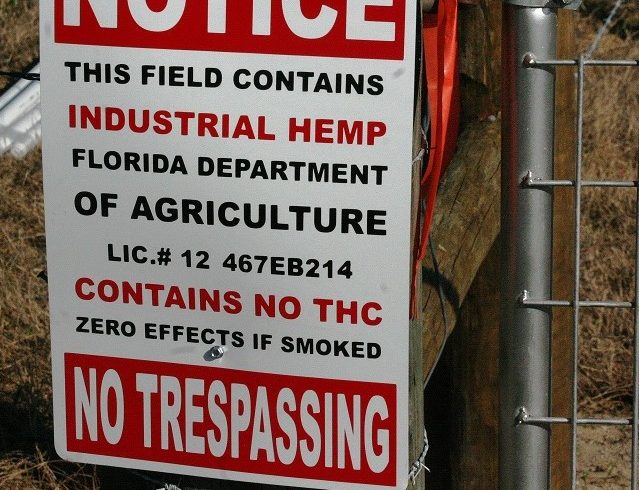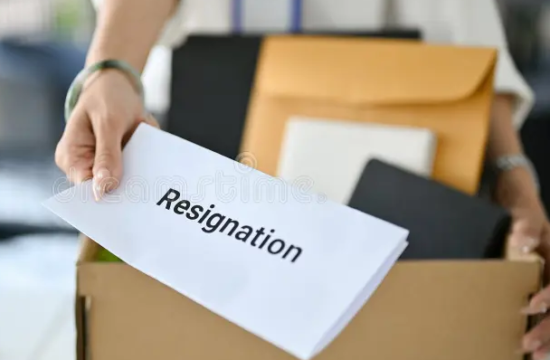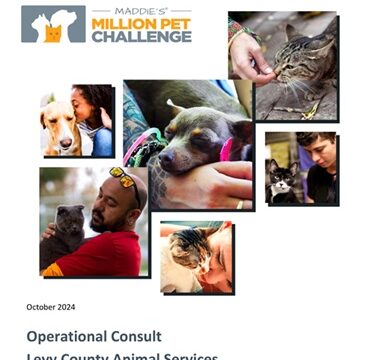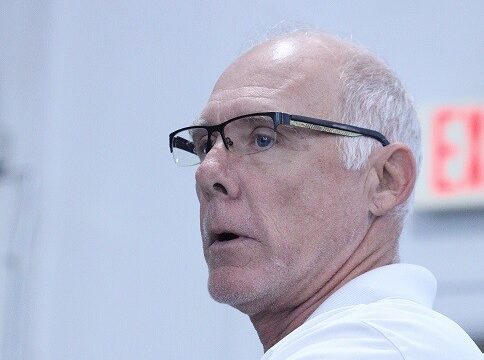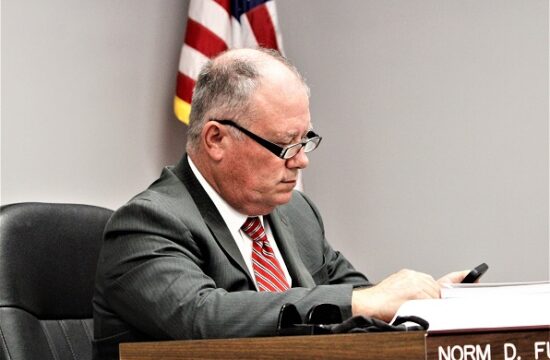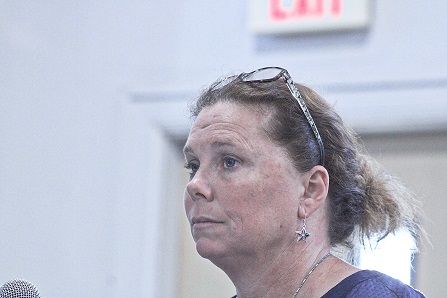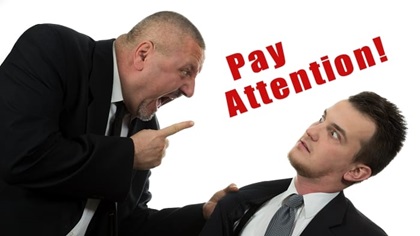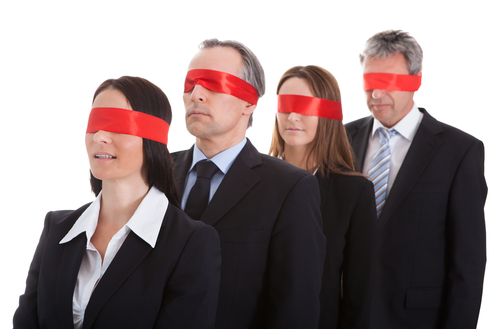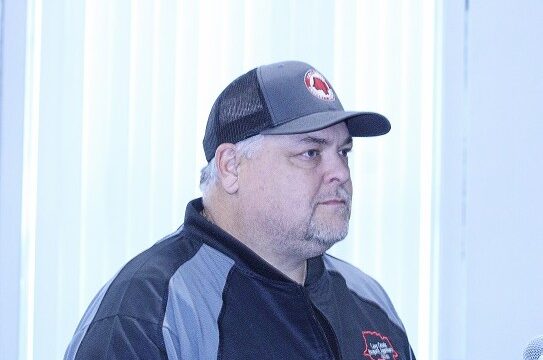By Terry Witt – Spotlight Senior Reporter – Part II: Interview with Florida Department of Agriculture Official Concerning Hemp Farms.
Hemp farming is growing in popularity in Levy County.
The Florida Department of Agriculture, Division of Plant Industry, has licensed seven companies to grow hemp in 10 fields scattered around the county.
Hemp and marijuana are the same plant except hemp doesn’t have enough THC to make a smoker high. Hemp and marijuana may look alike, but the effects of smoking hemp could be unpleasant.
Bryan Benson, deputy director of the Division of Plant Industry, said the University of Florida has been involved in pilot programs to examine hemp as an agricultural crop. He said one researcher described the effects of smoking hemp.
“He said it may look like and smelling like marijuana but it does not have those psychotropic effects that marijuana has,” Benson said. “In fact the way he described it, you could smoke a telephone pole of hemp and it’s going to make you nauseous and throw up before you ever get high off it.”
Hemp can have a THC level of .03 percent or perhaps a little higher, but hemp with THC content of .04 percent can’t be sold. The crop has to be destroyed under state law. Benson said marijuana sold on the street typically has a THC content of 20 percent or higher.
Benson said he understands the concerns of members of the public who may think that hemp farms are something to worry about. In one South Florida county, he said, a property owner was concerned that there would be traffic coming in and out of a hemp farm all night, “like you might see at a drug dealer’s house.”
“That’s not the case. This is more like a tomato grower or a hibiscus grower or a cotton grower; it is a crop that has a limited lifespan. Farmers grow it as a cover crop and for money. If it doesn’t produce an income, they‘re not going to mess around it,” he said.
Is a hemp plant the same as a marijuana plant?
“It’s exactly the same plant. THC is what qualifies it as hemp or disqualifies it as hemp and makes it marijuana – the THC level,” he said.
Benson was told by a reporter about a Levy County man who was concerned about a hemp farm operating near his home. The hemp farm is located on land zoned for agriculture.
“If it’s on agriculture land we were able to approve it,” Benson said. “If it was not agricultural lands we could not approve it unless it was a nursery.”
Most of the hemp farms are small acreage operations. Benson said he isn’t aware of any large acreage plantings like you might see with a wheat crop or a grain crop grown for seed and fiber.
Benson said the Florida Legislature passed a law in 2019 legalizing the cultivation of hemp and sale of hemp products. In April of 2020 the agency finalized a rule governing hemp farms. The seven farms licensed to operate in Levy County received their licenses after the April rule was adopted.
“We’re approaching one year of legal hemp cultivation and it’s an agricultural product,” Benson said.
The seven licensed hemp growers are:
- Seaside Marine Survey Inc. out of Jupiter. It has a grow site at 700 Pennsylvania Ave., Bronson.
- Central Flora Farms, SE 160th Ave., Morriston, is out of Apopka.
- Lazy Acres Estates, located at 5931 NW 81st Ave., Chiefland, lists Fort Lauderdale as its office.
- Clamtastic Seafood, Inc. of Cedar Key has three fields in the Cedar Key area.
- Williston Hemp and Cattle Company LLC., has one cultivation site near Williston.
- Limeys Citrus Nursery LLC., is out of Dunnellon has two grow sites in Levy County.
- Greenway Nursery is located in Morriston.
The Florida Department of Agriculture has an online spreadsheet listing more than 700 licensed hemp growers in Florida.
Hemp growers must jump through regulatory hoops to get licensed.
They must provide a fingerprint for a background check before a license is issued and the land for the cultivation site must be verified as being agriculturally zoned or industrially zoned or zoned for a nursery.
“All they are looking for when they do the background check for a hemp license is any controlled substance convictions in the last 10 years – that would disqualify them,” Benson said. “I sort of hate to say this, but there are lots of other things that somebody could do terribly wrong that wouldn’t disqualify them for a hemp license; it’s mainly for the marijuana side and cartel drugs, that sort of business.”
Growers of hemp must notify the Department of Agriculture 30 days before they plan to harvest the crop. Fifteen days before the harvest they must have the crop analyzed by a laboratory designated by the state. The analysis is to ensure THC levels are in compliance with hemp requirements.
“A designated lab has to come out there, collect a sample and run a THC analysis and verify it is indeed hemp below the threshold. The designated lab sends our office a notification when they do an analysis and if everything is compliant we notify the grower they are approved to harvest. If it’s not compliant we notify the grower the crop must be destroyed,” Benson said.
Benson said the state is aware there is always a level of uncertainty in any lab analysis. He said the threshold for THC content is .03 percent, but due to a certain degree of uncertainty in a lab analysis, the THC content could run just under.04 percent and be approved. But if the THC level is .04 percent the crop must be destroyed.
The Department of Agricultural also requires growers to post a sign in front of their farm entrance showing their state license number. The license is good for a year, which means the sign must be replaced once a year to reflect the new license number.
Benson doubts there will be any odor associated with a crop growing outdoors. He said a person might be able to detect an odor inside of a greenhouse.
“It’s not something you’re going to be smell three miles down the road,” he said.
Benson said hemp is not a legume crop. It doesn’t put nutrients back in the soil. It can be used as a “mediation crop” to draw contaminants out of the soil.
He said CBD oil comes from the flowers of the hemp plant but he said the fibrous part of the plant can be used in the textile industry.
Benson said the state is mainly concerned with disease issues that might come with a new crop coming into Florida.
“They are concerned with a disease that might impact other agricultural commodities. If some new pest comes in on hemp and jumps over to cotton, that’s a problem,” he said. “We’re on the lookout for its invasiveness. If someone grows an acre and the crop doesn’t do that well and they don’t plow it in, you might start having these hemp plants pop up around the field and then before you know it, it’s in the natural areas. That’s what we want to avoid. That is one of our regulatory focuses.”
Benson was told by a reporter that the Central Flora Farm signs indicate the hemp grown at the site has zero THC content. He said that’s not unheard of in the hemp industry.
“I’ve seen certification of analysis where there was no detection of THC,” he said. “There are hemp plants that are extremely low in the THC. Other have exceeded it and needed to be destroyed.”
——————-
Enterprise Reporting by Terry Witt; Board of Levy County Commission
Regular meeting January 5, 2021; Posted January 17, 2021


